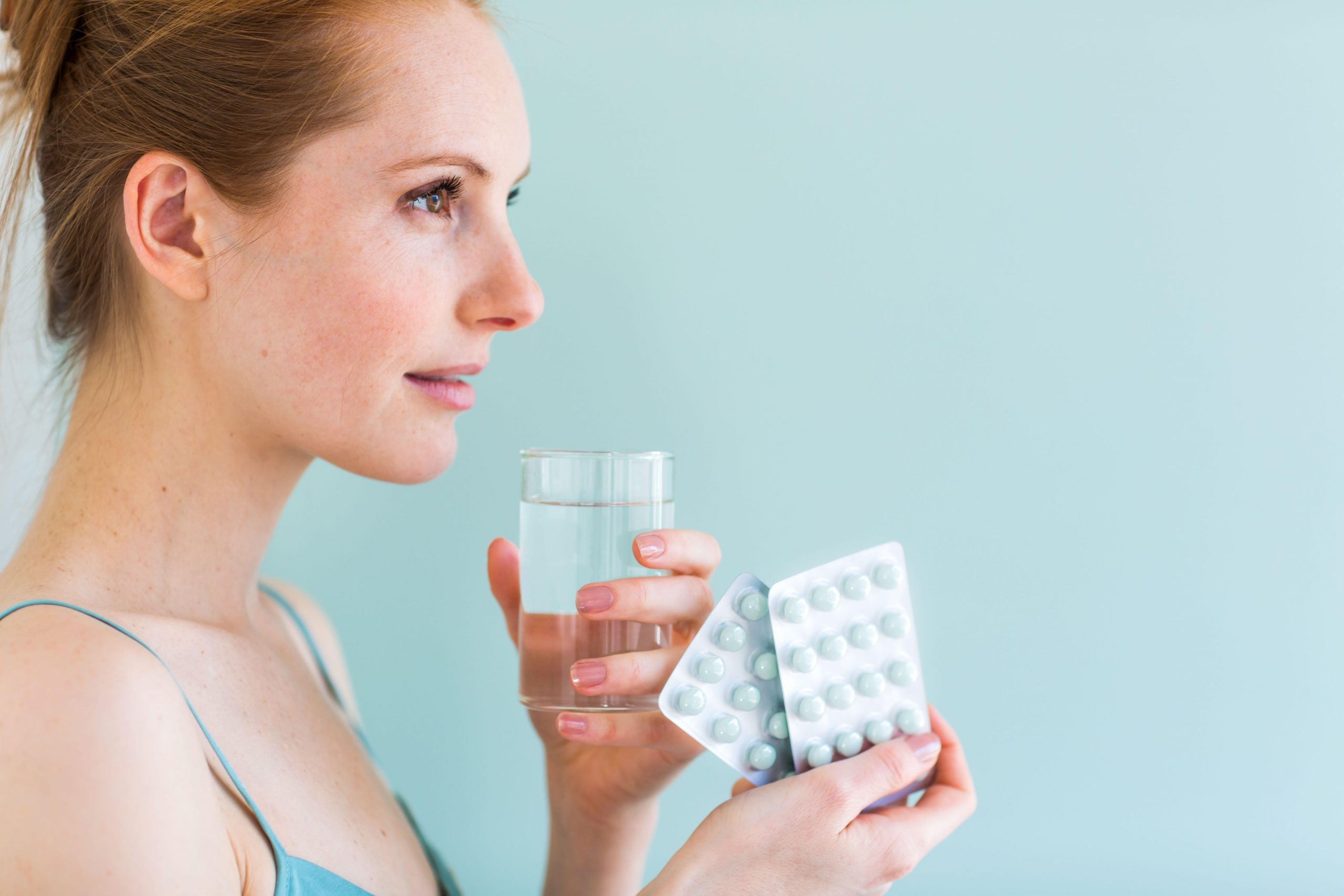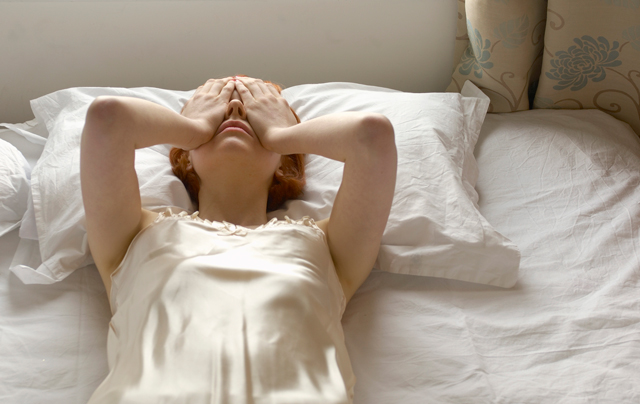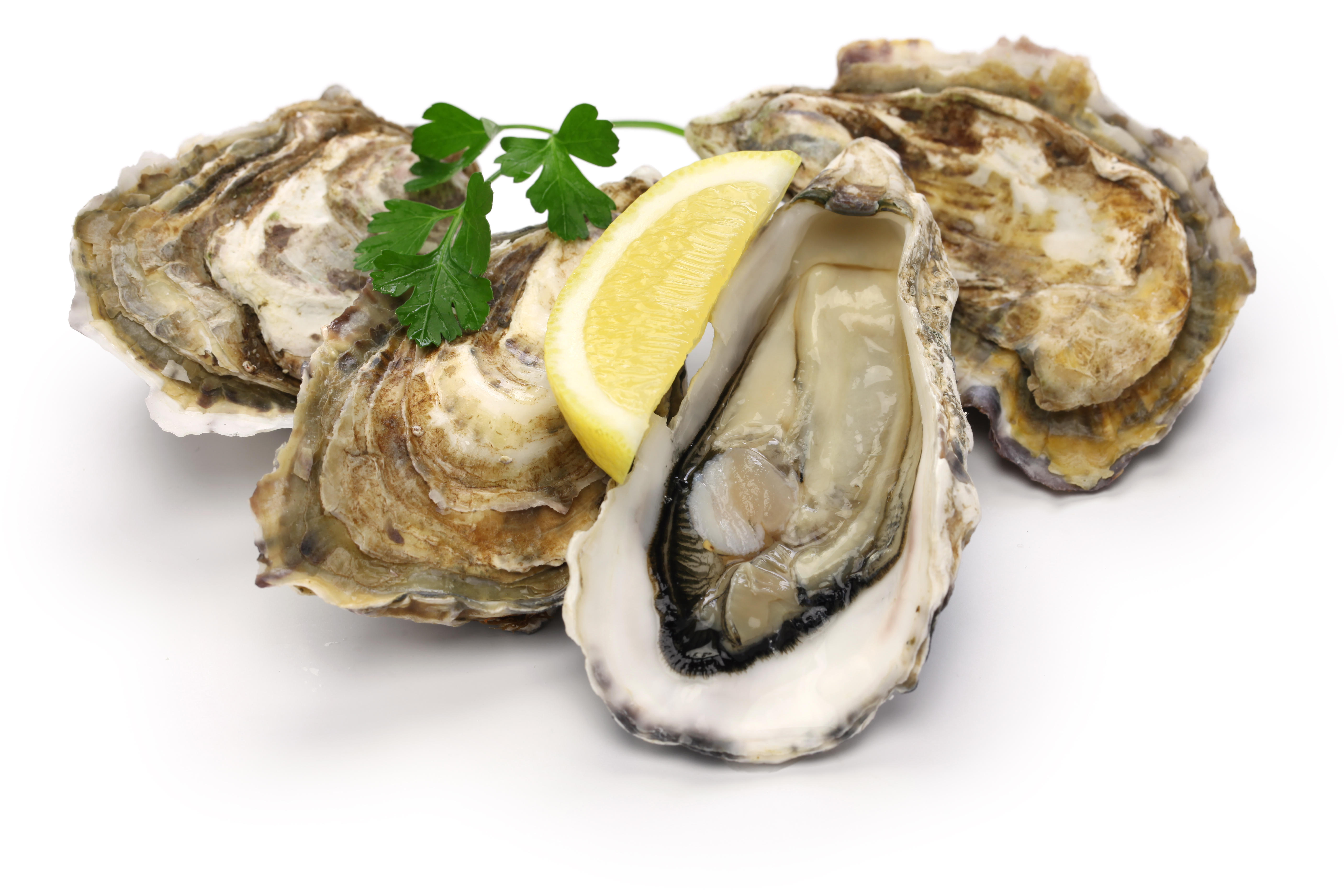Hormone imbalance in women – signs, symptoms and treatment


Hormones hugely influence our wellbeing – and we blame them for everything from skin breakouts and bloating to roller-coaster moods and mind fog.
What is a hormone imbalance?
The symptoms of a hormone imbalance are wide-ranging and can occur at any age, so if you’ve noticed changes to your blood pressure, menstrual cycle, sleep, weight, mood or general health, or if it feels like something is out of whack or you simply don’t feel right, it’s worth talking through your concerns with a doctor.
If you suspect you have a hormone imbalance here are some of the signs to look out for, and what to expect from a diagnosis and treatment.
Hormones are produced by endocrine glands around the body. These glands include the pineal and pituitary (found in the brain), thyroid (in the neck), adrenals (located above the kidneys), pancreas (in the abdomen), and the ovaries. Hormones have an impact on multiple aspects of bodily function and play a part in – amongst others – growth, hunger, weight and reproduction, as well as moods and our ability to cope with stress.
While women can expect hormonal fluctuations throughout their lives – periods, pregnancy and menopause are three prime examples – a hormone imbalance occurs when the endocrine glands stop working properly, or when there’s too little or too much of one or more hormones. The consequences can range from irritating, to distressing, to life-threatening.
Dr. Nyjon Eccles, a leading Integrated Medicine Physician and expert in natural medicine, runs The Natural Doctor Clinic in London.
He explains a hormone imbalance as 'where one or more of the body’s hormones are not in balance with their hormonal pair. For example, in a woman, oestrogen may be too high for the level of progesterone [this is known as oestrogen dominance]. This may be seen commonly in women who are menopausal or perimenopausal but is often the case in many women who suffer from PMT.'
GoodtoKnow Newsletter
Parenting advice, hot topics, best buys and family finance tips delivered straight to your inbox.
How is a hormone imbalance found?
To detect a hormone imbalance 'the best way is by blood test or by urine test,' says Dr. Eccles. 'In some circumstances testing hormone levels in saliva can also be useful,' adding that 'if tests are in a pre-menopausal woman then the timing of the test is also important.'
Your GP may also offer a pelvic exam, which can include a smear test, or refer you for an ultrasound to gather images of the pituitary or thyroid gland, the ovaries or uterus. Other detection techniques include biopsies, MRI scans and X-rays.
There are home test kits available that measure hormones through saliva or blood samples. These can be expensive so it’s worth speaking to your GP first, who should be able to determine what specific tests you need and what tests can be conducted on the NHS.

What causes a hormone imbalance?
There are a variety of factors that can cause a hormone imbalance, including illnesses such as thyroid or other endocrine gland conditions, diabetes, eating disorders, cancer treatment, hormone therapy, environmental toxins, a nutritionally poor diet that is rich in refined foods, and certain medications.
For women, a hormone imbalance often occurs in relation to the female reproductive system – polycystic ovary syndrome (PCOS), birth control pills, pregnancy, breastfeeding, hysterectomy and menopause can all cause issues.
'There may be a genetic tendency,' says Dr. Eccles, 'but most commonly an imbalance is related to lifestyle and less healthy lifestyles that are more often associated with hormone dysregulation [hormone imbalance].'

Credit: Dougal Waters/Getty Images
What are the symptoms of a hormone imbalance in women?
'These can vary greatly,' explains Dr. Eccles, 'but include the following: hot flushes, vaginal dryness, irregular bleeding, fibrocystic changes in the breasts, weight gain, fluid retention, dry skin and hair, hair loss, anxiety, irritability, mood swings, sleeplessness, headaches, breast tenderness, foggy thinking, joint pain, loss of libido and difficulty reaching orgasm.'
Acne, depression, fatigue, hirsutism (excessive hair on the face or body), increased thirst, migraines, infertility, irregular periods, loss of periods (amenorrhoea), night sweats, pain during sex, poor memory and a puffy face can also be indicative of a hormone imbalan
Hormones affect us through their daily subtle shifts, more strongly through the monthly cycle, and then through the massive hormonal swings during pregnancy, perimenopause and the menopause,’ says Dr Marion Gluck, women’s health specialist and author of It’s Not My Head, It’s My Hormones (£14.99, Orion Spring). While not everyone will struggle with these changes, many women suffer physically and emotional. Here’s the low-down on your hormones, and what happens when you have a hormone imbalance.
Progesterone
Progesterone balances oestrogen and is a mellowing hormone that calms the nervous system. ‘Equilibrium between progesterone and oestrgoen is key to wellbeing,’ says Marion. ‘Both hormones affect our menstrual cycle, fertility, mood and metabolism. They act as a pair and belong together.’ If you’re irritable or anxious, it could be due to a dip – progesterone often decreases before oestrogen levels fall, so an imbalance is common in your 40s.
Balance progesterone: Evening primrose oil may help with mood swings. Try Evening Primrose Softgels (£5.50, myprotein.com). A balanced, low-fat diet with regular exercise maintains progesterone – being overweight can lower levels. Vitamins B6 and C, and magnesium are vital. For B6, eat walnuts, bananas, wholegrains, poultry and seafood. Good sources of vitamin C include leafy greens, broccoli, cauliflower and oranges. Magnesium- rich foods include nuts, spinach and pumpkin seeds.

Oestrogen
This mighty female hormone keeps us happy, calm and aids brain function, explains Marion. ‘It can be a blessing or a bane as it naturally ebbs and flows through the various phases of our lives.’ Oestrogen regulates the menstrual cycle, but plummeting levels during perimenopause can mean mood swings and anxiety. ‘The amounts in our bodies diminish after menopause, but it never abandons us completely,’ adds Marion.
Balance oestrogen: Herbal remedies agnus castus and black cohosh may ease emotional turbulence. Studies also show St John’s wort can help mild anxiety and depression. Try Schwabe Pharma MenoMood, (£16.99, Holland & Barrett). Declining oestrogen levels play havoc with a healthy sex life when the vaginal walls become thinner, dryer and less elastic. ‘Vaginal dryness can feel like a prickling sensation, sometimes accompanied by itching, burning and pain,’ says GP Dr Dawn Harper. Try a nourishing cream such as Vagisan Moist Cream (£14.99, Boots).
Testosterone
Don’t presume this only impacts men. ‘It’s also a female hormone, and women produce it in their ovaries and adrenal glands. The only difference is men have about 10 to 100 times more testosterone than women,’ says Marion. Women need testosterone for sex drive, assertiveness and strong bones and muscles. Fatigue and loss of confidence can be a result of not having enough. Too much causes aggression, acne and excessive body hair.
Boost testosterone: Certain foods help lift levels of testosterone, including garlic, eggs, oysters, almonds and spinach.
Suffering with a low libido? Testosterone therapy on the NHS is currently unlicensed for female use in the UK. However, the National Institute for Health and Care Excellence (NICE) suggests that testosterone supplementation may help menopausal women with symptoms such as decreased sex drive, if HRT alone is not effective. Chat to your GP or consult a private practitioner about your options.

Thyroid hormones
The thyroid gland at the base of the neck produces thyroxine (T4) and liothyronine (T3). ‘These work together to influence practically every cell in the body,’ says Marion. ‘The pair help to maintain your sanity, energy and metabolism.’ Stress, viruses, dietary changes and menopause can upset the balance of these hormones. This may result in hyperthyroidism – an overactive thyroid that speeds up metabolism, causing anxiety and irritability, or hypothyroidism – an underactive thyroid that slows metabolism, causing low mood and depression. See your doctor with a suspected thyroid problem, especially if there’s a family history. For more info, visit the British Thyroid Foundation (btf-thyroid.org).
DHEA

‘Produced in the brain and the adrenal glands, this life- affirming hormone gives drive and enthusiasm,’ says Marion. DHEA (dehydroepiandrosterone) is abundant in youth but eventually wanes to nothing – because it has such an energising effect we should harness it as long as possible. Symptoms of low levels of DHEA are commonly mistaken for depression because it results in exhaustion, low mood and reduced sex drive. Eat healthy fats with omega-3 fatty acids – oily fish, olive oil, coconut oil, avocados, flax seeds, walnuts and chia seeds. Stress exhausts the adrenal glands producing this hormone and also increases insulin and cortisol, which suppresses DHEA. Prioritise rest and try mindfulness techniques to reduce stress levels. Catch some sun. ‘The same process that makes vitamin D, also produces DHEA,’ says Marion.
What is the best way to medically treat a hormone imbalance?
How a hormone imbalance is treated depends on the condition and the practitioner. Options include medication, creams, pessaries, the pill and hormone replacement therapy (HRT).
Regular HRT medication contains synthetic hormones but there are natural options. As an expert in natural medicine, Dr. Eccles believes that 'the best way is to use bio-identical hormones since these do not appear to have the long-term downsides and risks that we can see with synthetic hormones.'
While many of us prefer natural methods and some of us swear by them, the jury is still out on their efficacy. The NHS currently doesn’t offer bio-identical hormone therapy, stating that 'it's not known how effective they are in reducing menopausal symptoms.'
Natural remedies and lifestyle changes that can help a hormone imbalance
If you take the holistic route 'bio-identical hormones are best and work quickest,' says Dr. Eccles. Bio-identical hormones are described by Harvard Medical School as 'hormones made from a plant chemical extracted from yams and soy [that are] identical in molecular structure to the hormones women make in their bodies’.
Like HRT, bio-identical hormones come in the form of drugs, such as tablets, and creams and gels that a doctor will prescribe a combination of. ‘This form of treatment should always be monitored by a skilled doctor to get the hormone levels right for each individual, as well as testing to monitor treatment levels,’ advises Dr. Eccles.
If your symptoms aren’t too severe a simple change in diet can help – try eating less meat and dairy and more plant-based phyto-oestrogen foods such as almonds, flaxseeds, lentils, oats, sesame seeds, soy beans, tofu and walnuts. After being tested for hormone imbalance some women find that they have a mildly under-functioning thyroid – if this is the case, says Dr. Eccles, 'certain nutrients in supplement form’ will be enough to support the thyroid.
While many women have reported positive results from using natural products ‘natural’ doesn’t necessarily mean safe, and some over-the-counter complementary remedies such as St. John’s Wort can negatively interact with certain medicines. The NHS doesn't offer or recommend bio-identical hormone therapy so it's a personal choice. If you choose to go ahead with natural alternatives to HRT find an established practitioner who will be able to provide tailor-made doses.
Other lifestyle changes that help balance hormones include following a balanced high-fibre, low-sugar diet that contains healthy fats such as olive oil, nuts, salmon and avocados; drinking less alcohol and more green tea; losing weight; exercising and reducing your stress levels (yoga is particularly good); and giving up smoking.
To treat particular symptoms such as vaginal dryness use a lubricant (these are available without prescription). If you suffer from hot flashes avoid trigger substances such as alcohol and spicy foods.
Rose Goodman joined Future Publishing in 2020 and writes across Goodto.com, Woman & Home, Woman, Chat and Woman’s Own magazines. Prior to pursuing her career as a writer, Rose obtained a degree in psychology and went on to work in adult mental health for five years at Addenbrooke’s Hospital, Cambridge, specialising in eating disorders. She is fully trained in first aid, medical emergency response and motivational interviewing – a directive, patient-style counselling approach to address ambivalence in recovery. She graduated with a MA in creative writing from the University of Brighton in 2017. In her spare time she enjoys writing poetry and attending literary events, and offers weekly support to those living with homelessness. Rose has a passion for raising awareness around mental illness and the importance of prioritising our wellbeing.